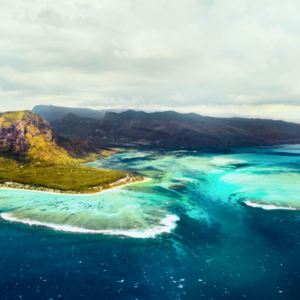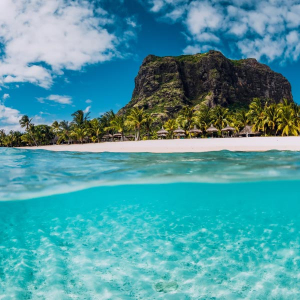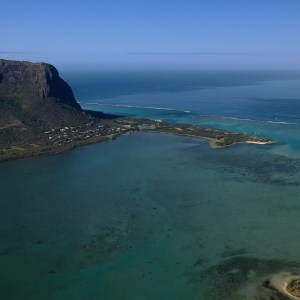Introduction To Mauritius
Mauritius is an African destination rich in diverse cultures, languages, and traditions with a fast-growing economy that competes globally for market share across a range of sectors.
A stable government and set principles have guided the country’s economic growth strategy, making the island one of the fastest-growing countries in Africa, that has developed from mainly agriculturally based, into a high-income diversified economy with fast-growing industrial, financial, ICT and tourism sectors.
One of the primary languages, spoken by approximately 90% of residents on the island, is French, also the home and business language of millions of people elsewhere in Africa and Europe, and a second language for many. English is however the business language in Mauritius making it accessible for South Africans expanding their businesses.
Why Relocate Or Invest In Mauritius?
Investment – Mauritius offers irresistible investment opportunities to attract foreign investors. Property acquisition provides an avenue to obtain a 20-year Permanent Residency Permit with only a minimum property investment of $375 000, previously set at $500 000. The country also offers various tax breaks and incentives such as a flat corporate and income tax rate of 15%; tax-free dividends; no capital gains tax; up to 100% foreign ownership; exemption from customs duty on equipment; free repatriation on profits, dividends, and capital and no minimum foreign capital requirements.
Job opportunities – Rapidly developing countries like Mauritius often do not have an adequately skilled labour force to contribute to the economy and require expatriates to offer their critical skills to help grow the economy.
Healthcare – Mauritius has a well-developed health system. Public hospitals are free in Mauritius, but there are also several private clinics. Mauritius’ healthcare infrastructure includes five major public hospitals and six specialised public hospitals, 18 private multi-specialty clinics, 11 private specialised clinics, and 28 medical laboratories. There are more than 4 500 beds in both public and private hospitals combined.
Education – Mauritius has a mix of both private and public schools, including a well-established network of international schools that have operated on the island for several decades. Parents can choose from different teaching languages, such as English or French. Higher Education is accessible on the island, and while 70 to 80% of placements are reserved for locals, international students are offered space based on their academic achievement.
Crime rate – It is a well-known fact that Mauritius is one of the safest countries in which to live and travel in Africa and local authorities pride themselves in maintaining this outstanding reputation.
Life expectancy – Life expectancy has increased significantly over the past 70 years from 47.86 in 1950 to 75.06 in 2020 and is expected to increase even further over the next 20 years.
Interested In Moving To Mauritius?
Xpatweb Mauritius can help you with your decision and planning. We offer various specialised services to make your relocation process as hassle-free as possible.



